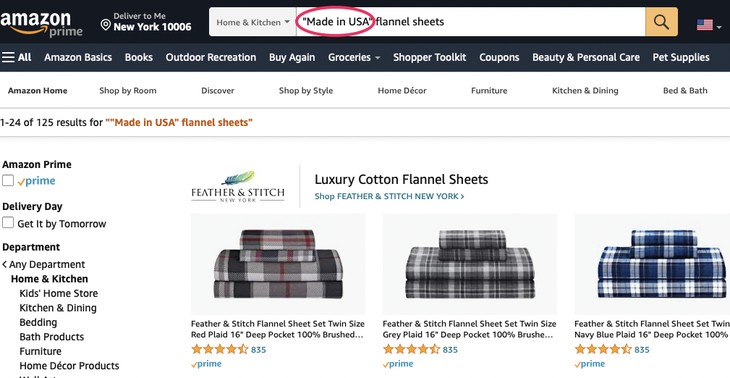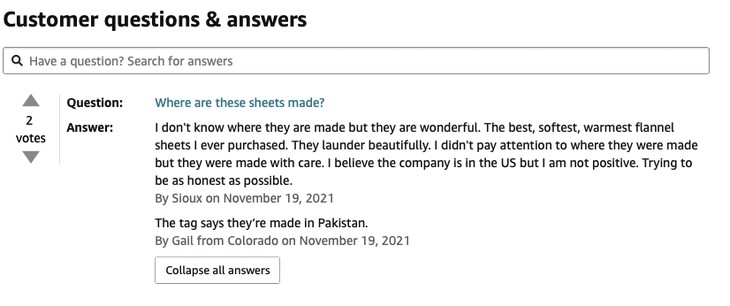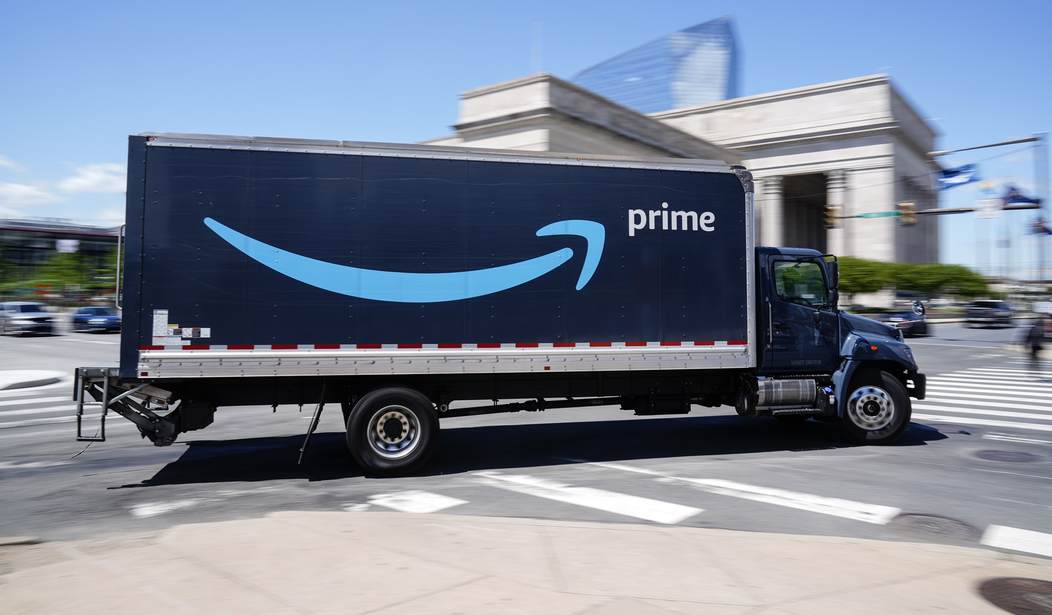I don’t think I need to tell anyone who reads PJ Media that China is the United States’ greatest existential threat and geopolitical enemy. They steal our intellectual property. They hack us and spy on us. They trade and form military alliances with our enemies. They colonize, buy, and assimilate territory all over the world at a frightening rate. And they’ve infiltrated the U.S. to a shocking degree already, evidenced by our increasingly authoritarian government-global corporation complex.
Back in my youthful Ayn Rand phase, the libertarian in me loved the idea of a global marketplace. My strong anti-collectivist tendencies made me despise labor unions (I’m still not a fan) to the extent that I believed America needed to be punished by being out-competed until they reformed their Marxist ways. Now that I’ve matured a bit, I understand that our foreign competitors don’t play by the same rules Americans do: they straight-up employ slave labor, so of course their prices are better; they steal our intellectual property; and they place onerous tariffs on whatever we try to sell back to them, giving themselves a massive trade advantage. I’ve also come to realize that it’s up to our great 50 states to outcompete one another in the realm of unionized labor and other regulation-related costs that are passed along to consumers. And these days, the interstate competition is white-hot. Freedom and commerce-loving states like Texas and Florida openly poach businesses away from restrictive progressive-fascist places like New York, California, and New Jersey. In return, these liberal states do whatever they can think of to keep driving businesses away. (Who can forget Alexandria Ocasio-Cortez’s euphoria at destroying Amazon’s plans to build a new headquarters in her district?)
No, you don’t have to give up Amazon or Walmart.com
It’s almost impossible to beat the convenience of online shopping at Amazon, Walmart, and the like. Luckily, there’s a simple way to filter your search results for items produced by American workers in American companies. When you type what you’re looking for into the search field, first add the phrase “made in USA,” then type the rest, like so:

The search results will feature products made here at home, and not in China. But what if you really wanted Egyptian cotton, and none of the American-made products fit the bill? If your goal is not to buy anything made in China but you’re okay with most other nations, you can use the “Customer questions and answers” feature to determine the country of manufacture. This section is found on each individual product’s page. You’ll need to scroll all the way down the page, and the answered questions appear just above the customer reviews. Usually, someone has already asked where the product was made:

Voilá! Asked and answered. If no one has already asked where the product was made, you can do it yourself. You’ll usually get an answer within 24 hours.
Better yet: Buy American-made
Buying American-made is not only the surest way to avoid buying Chinese slave-labor-made, earth-raping products, it’s also the best way to make sure your dollars are spent with America First principles in mind.
Unfortunately, the “made in USA” search term trick doesn’t work as reliably in your favorite browser’s shopping mode as it does at Amazon, Walmart.com, and other retailer websites. The items that come up are just as likely to be imported, in spite of the search parameters you keyed in.
If you want the wide-ranging shopping experience of a browser but with only American-made products in the search results, you can visit a site that limits products to items manufactured in the U.S., such as BuyDirectUSA.com. Once you’re on the website, it works like your favorite big retailer website. If you’re looking for sheets, for example, you simply select “bed and bath,” “home and kitchen,” or something similar from the menu. The difference here, however, is that these websites don’t actually sell anything; rather, they direct you to American companies’ websites, based on what you’re looking for. So you’d have to click through to the recommended company’s website and complete your shopping there. If the extra couple of clicks frustrates you, just picture a massive, dimly lit room packed full of malnourished Chinese children, stitching away at their sewing machines for 14 hours while they carefully avoid eye contact with their supervisor.
Related: Should China Pay Reparations for Unleashing COVID on the World? Trump Thinks So
There are also websites from which you can buy directly, and which sell only American-made products, but their selection tends to be more limited. The Grommet is a good example: on this site, you can shop through a department or just type specifically what you’re looking for into the search window. While such sites may or may not carry what you’re looking for, if they do have it, you can complete your purchase right there with a couple clicks — and feel righteous about spending money while you’re at it!
You can do this!
Chinese products have become omnipresent and are so cheap, it’s hard to avoid them. You may have to search online harder, click more, or spend a couple extra dollars to buy products from other countries, but it’s very much worth the effort. Your non-Chinese purchase may come too late for the Uyghur who just had his organs harvested, but eventually, if we all do our part, future Chicoms won’t have enough money to buy new kidneys and their barbaric market will collapse. Or, if we keep sending all our discretionary money to the lowest bidder, we might buy ourselves a future where we no longer have a choice and everything is made in China because that’s all there is anymore.








Join the conversation as a VIP Member